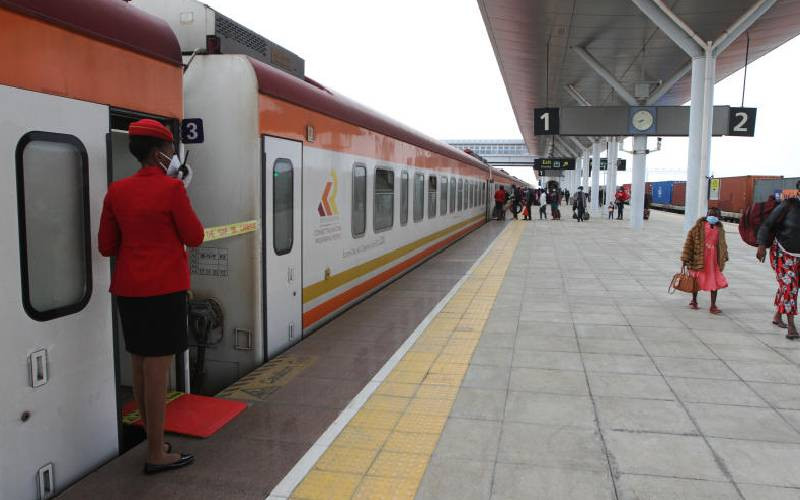×
The Standard e-Paper
Smart Minds Choose Us

The automation of Nairobi County government’s payment of rates, parking fees and other services was meant to enhance accountability, raise revenue collection and curb corruption.
And with the onset of devolution in 2013, Dr Evans Kidero was elected the first Nairobi County governor. He therefore took up the heavy role of managing a modern city looking forward to a bright future. As the last Town Clerk for Nairobi, I am deeply disappointed in the lack of visible improvement of the city’s financial management.







